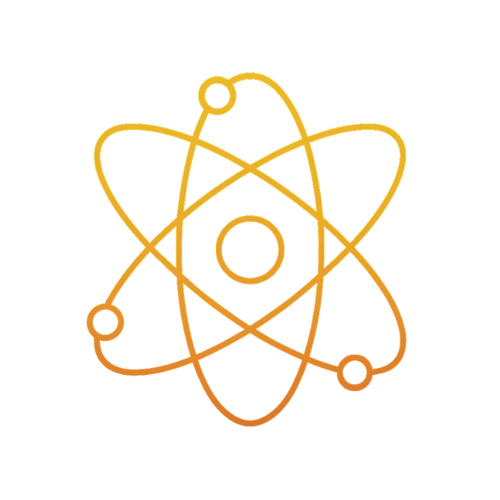
Details
- IBM announced that quantum advantage—the point where quantum computers outperform classical ones in specific tasks—is expected by the end of 2026.
- Together with Pasqal, IBM published a white paper defining quantum advantage based on strict validation and clear superiority in efficiency, cost, or accuracy over classical methods.
- The first anticipated quantum advantages will likely emerge in areas such as sampling problems, variational problems, and calculating expectation values, with error mitigation a vital component for success.
- Collaborative experiments with partners like Algorithmiq, Q-CTRL, and research institutions such as RIKEN are already yielding promising results in fields like molecular simulations.
- IBM emphasizes the need for community-wide best practices, including standardized benchmarks, reproducibility, and open-access leaderboards, to validate and advance quantum advantage claims.
Impact
By formalizing the path to quantum advantage, IBM is setting industry standards and accelerating the transition of quantum computing from theory to practical application. This effort could reshape sectors such as materials science and optimization while fostering cross-industry collaboration and competition in high-performance computing.


.svg)
